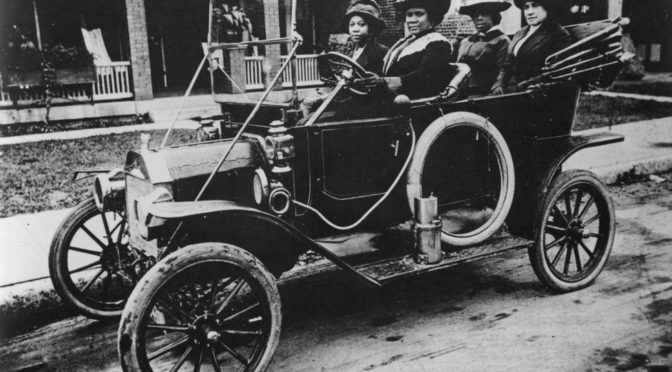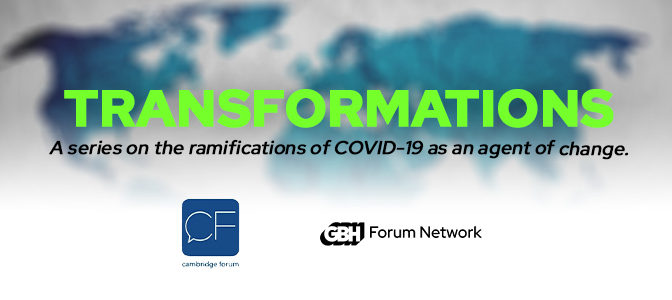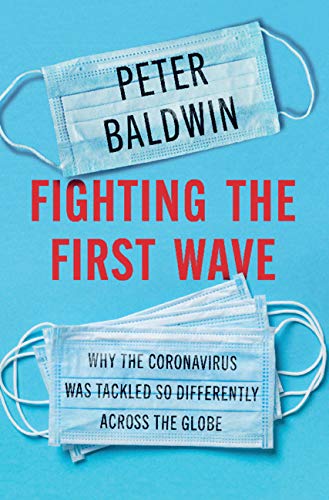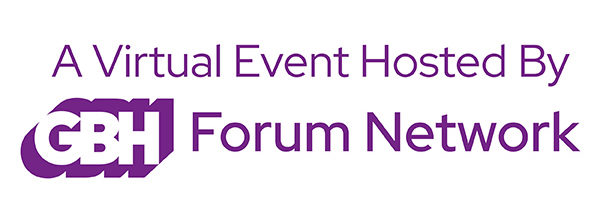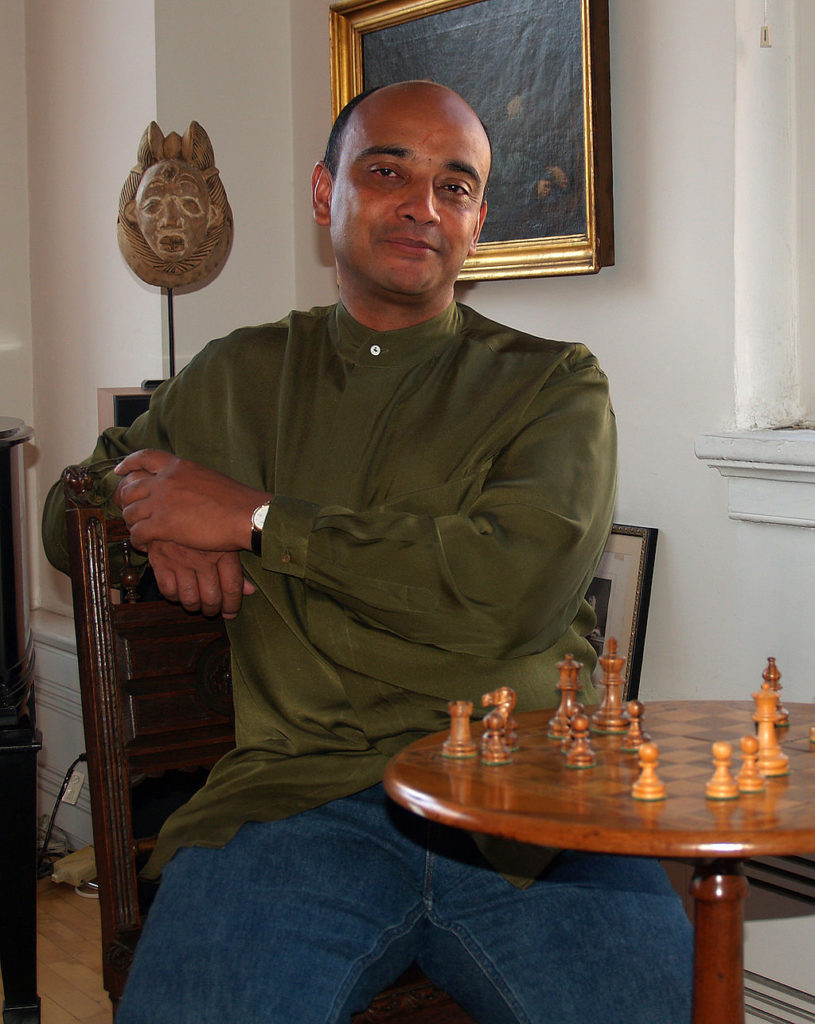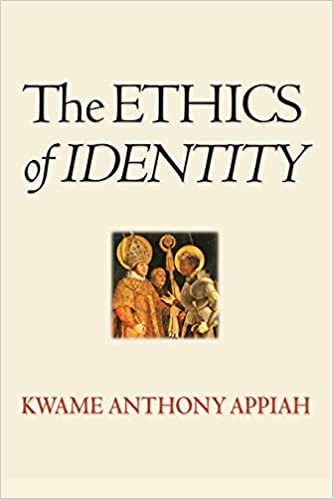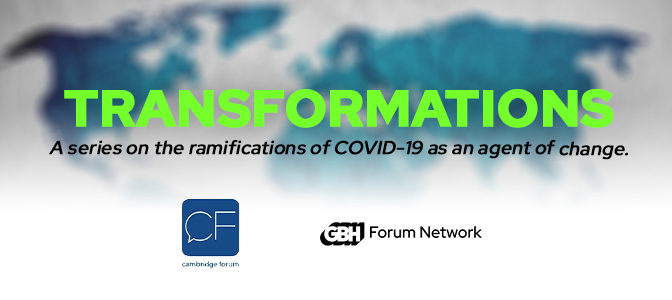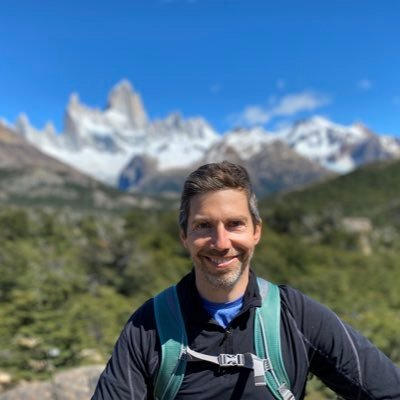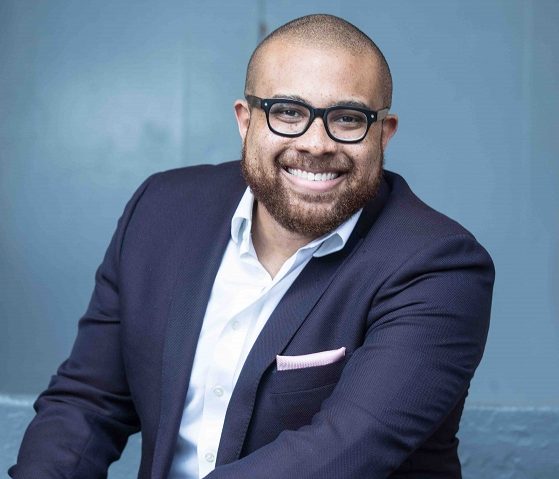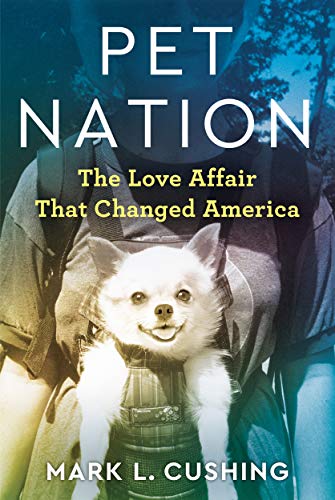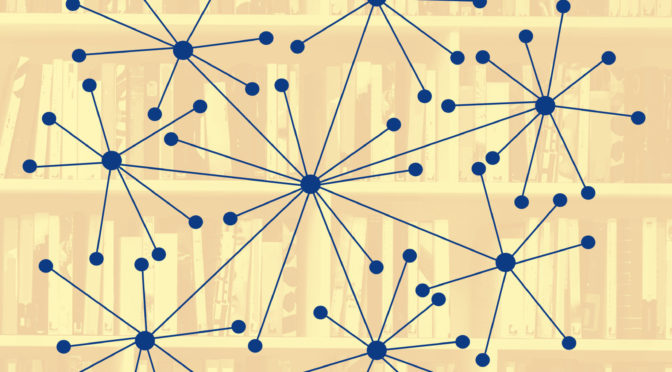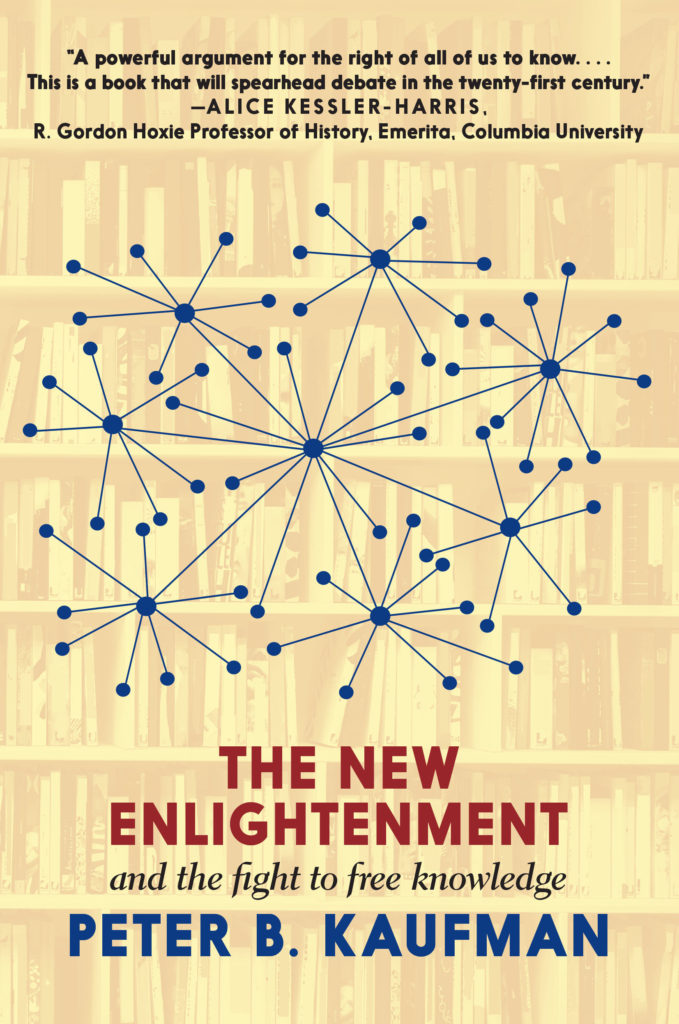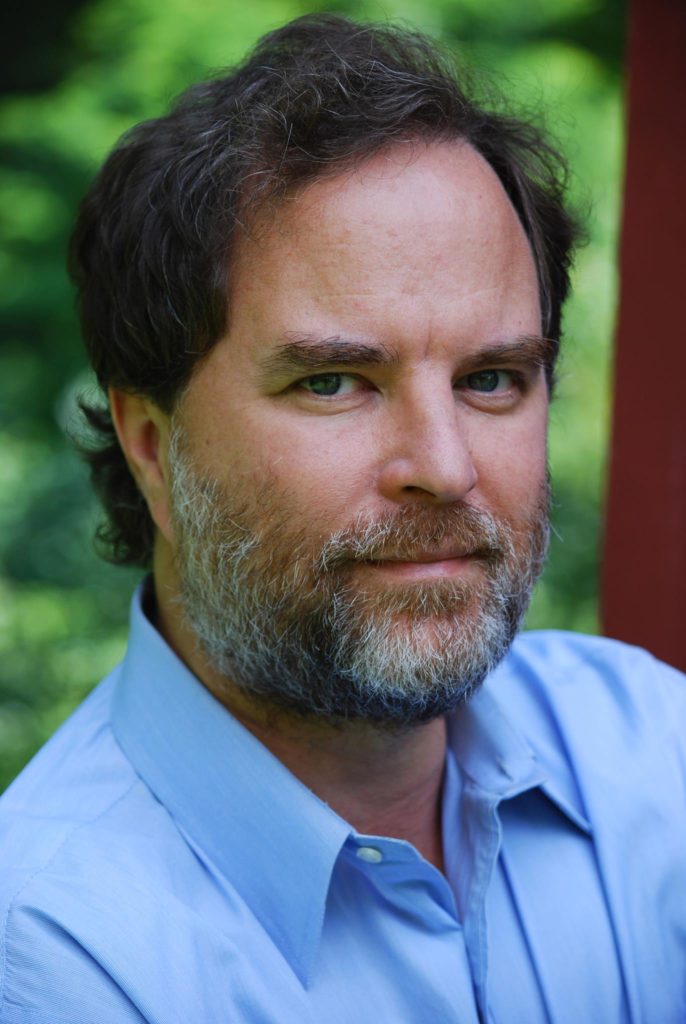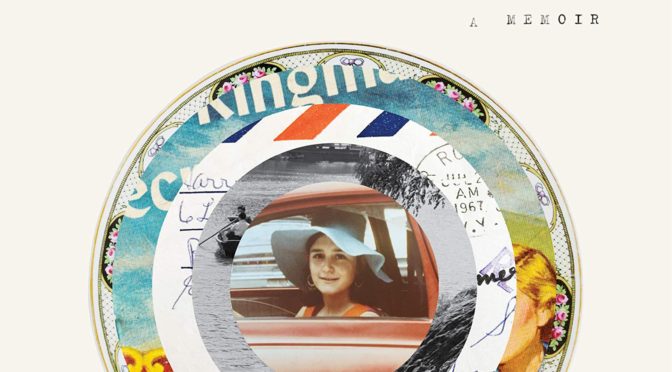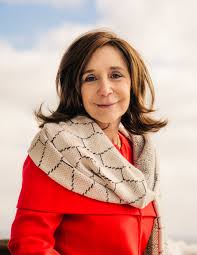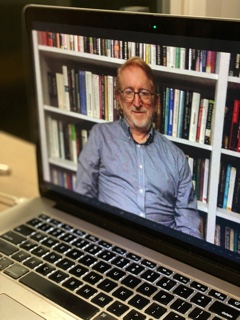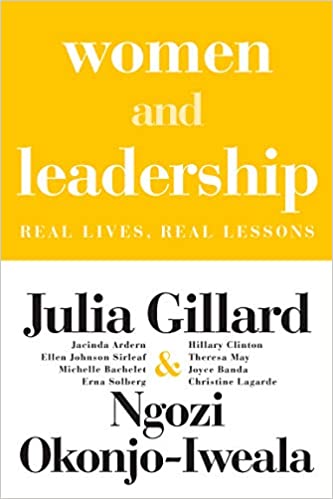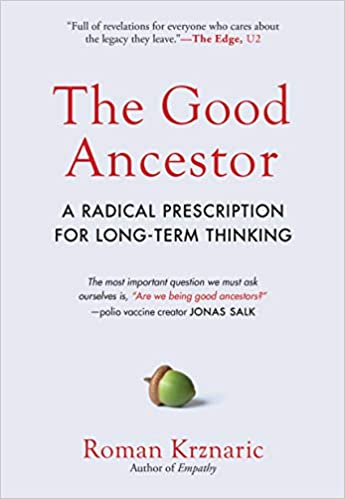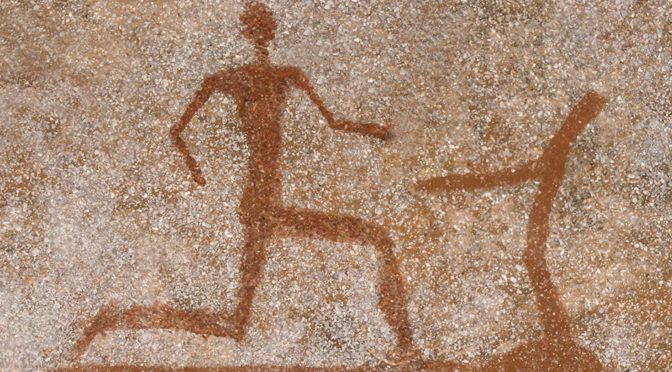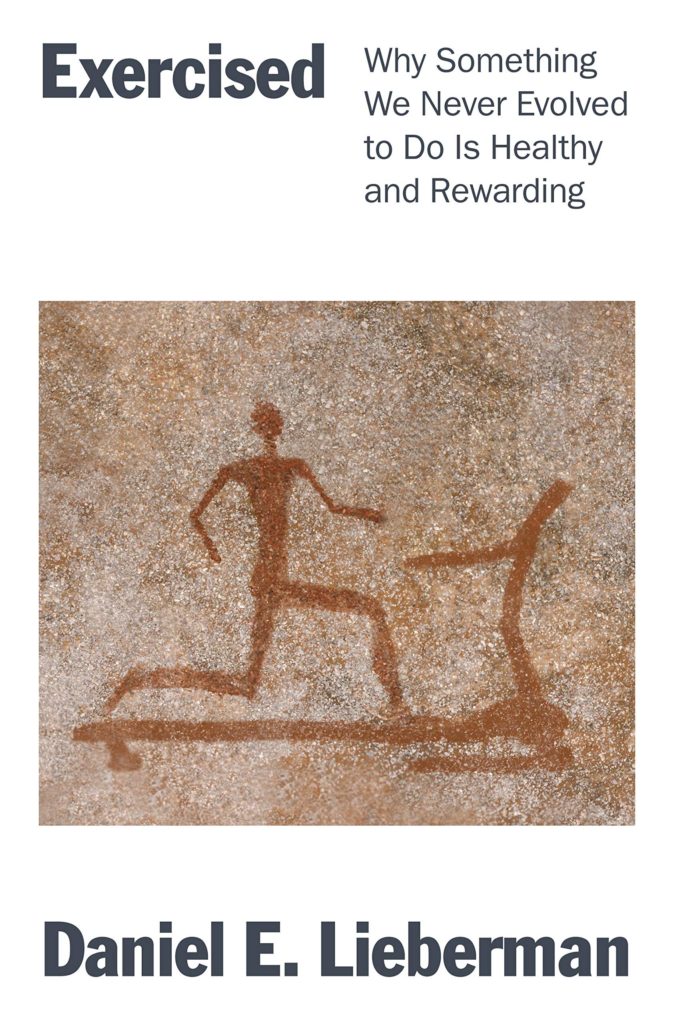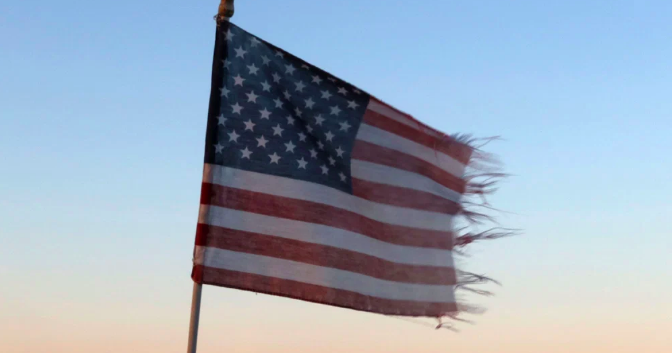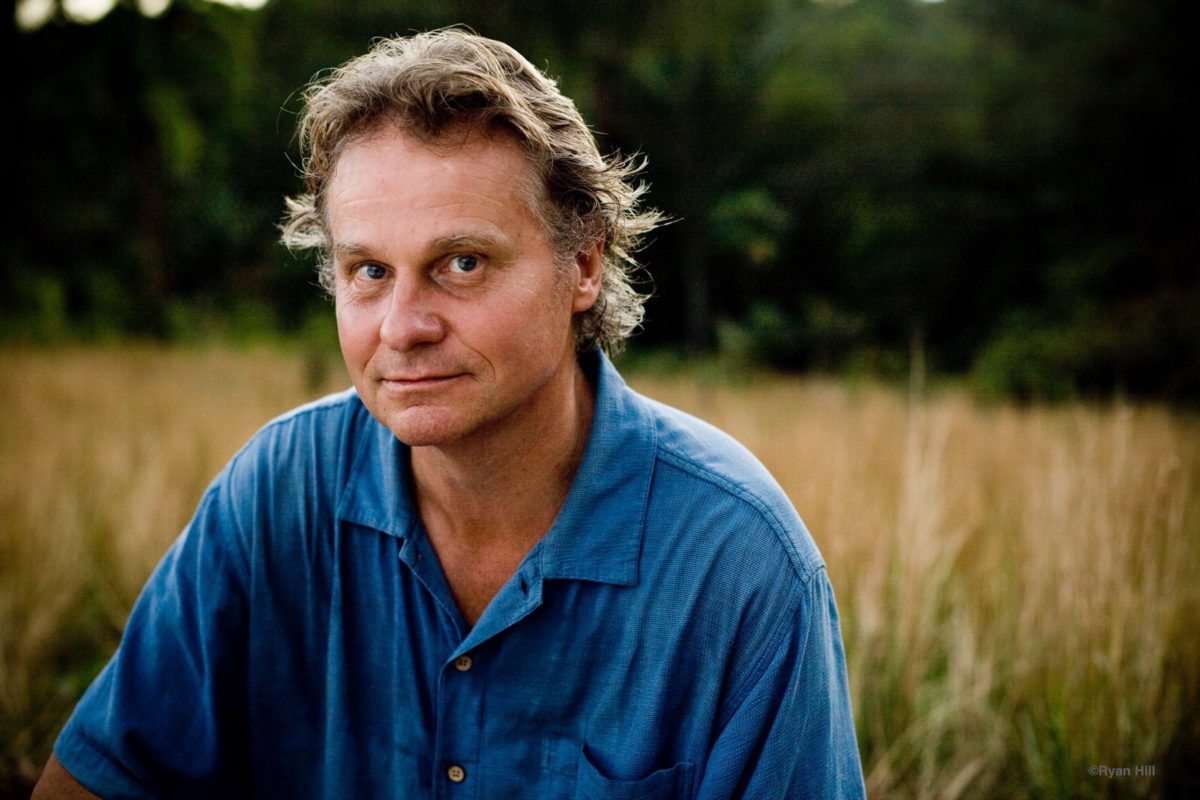
A’Lelia Bundles, Emmy-winning NBC news producer and journalist shares stories from her best-selling book about her great-great grandmother, Madame C.J. Walker, one of the first black women entrepreneurs of the 20th century.
The child of former slaves, Walker rose from uneducated field hand to
internationally successful business woman, political activist and
philanthropist by creating a line of hair products for black women.
What is the legacy of Madame C.J. Walker?

A’Lelia Bundles is at work on her fifth book–The Joy Goddess of Harlem–a biography of her great-grandmother’s international travels, philanthropy, parties and friendships with some of the most famous musicians, writers, and artists of the 1920s. On Her Own Ground: The Life and Times of Madam C. J. Walker was named the 2001 best book on black women’s history by the Association of Black Women Historians.
Recorded 2002 at the National History Museum, Lexington, MA
BBC: Madam CJ Walker: ‘An inspiration to us all’

